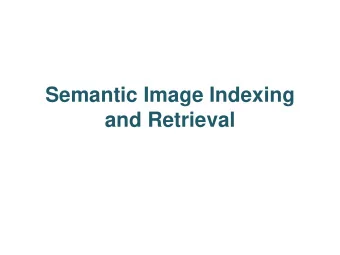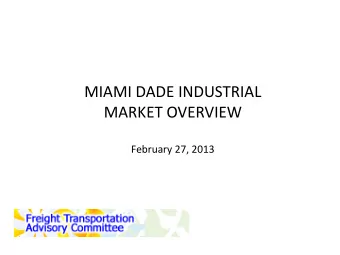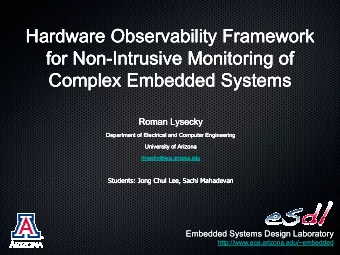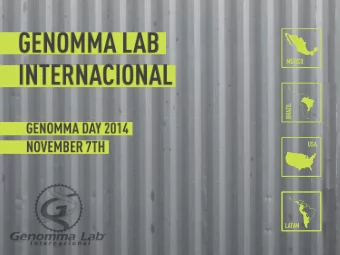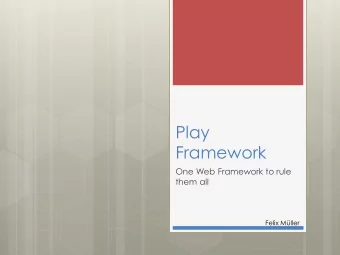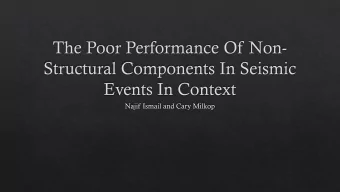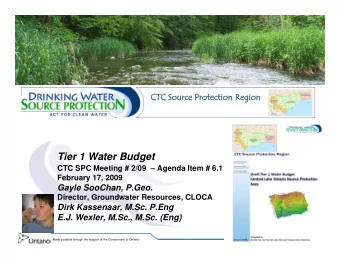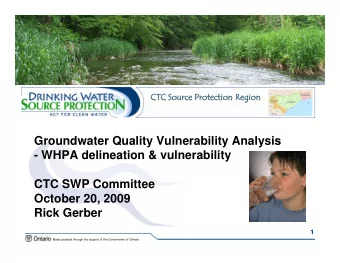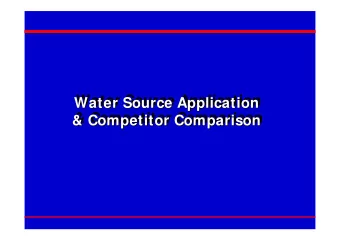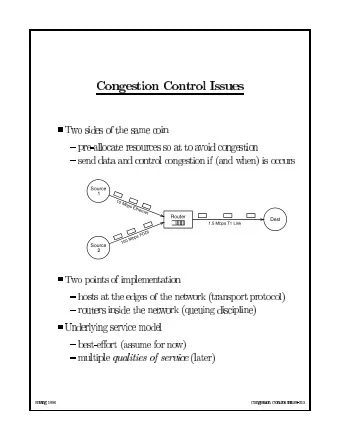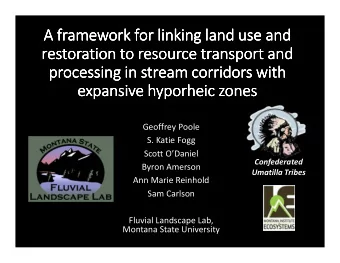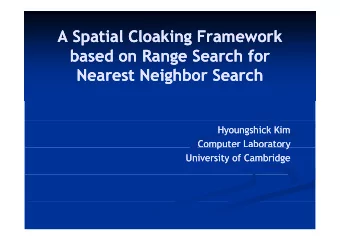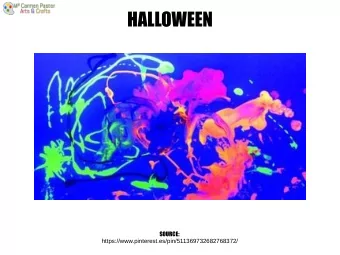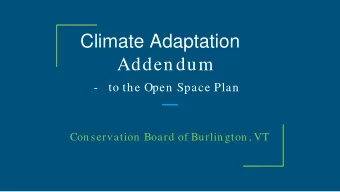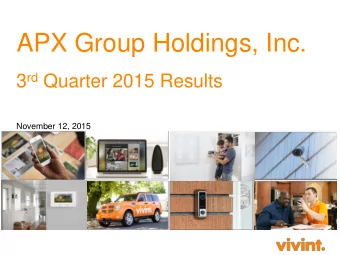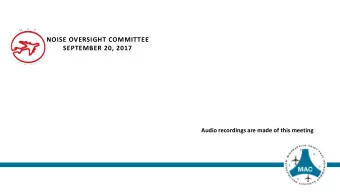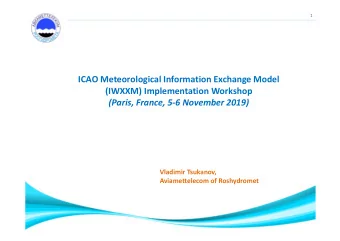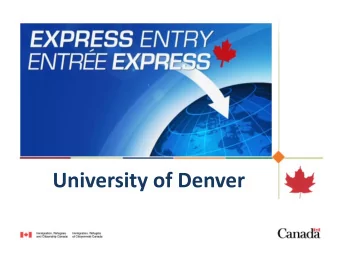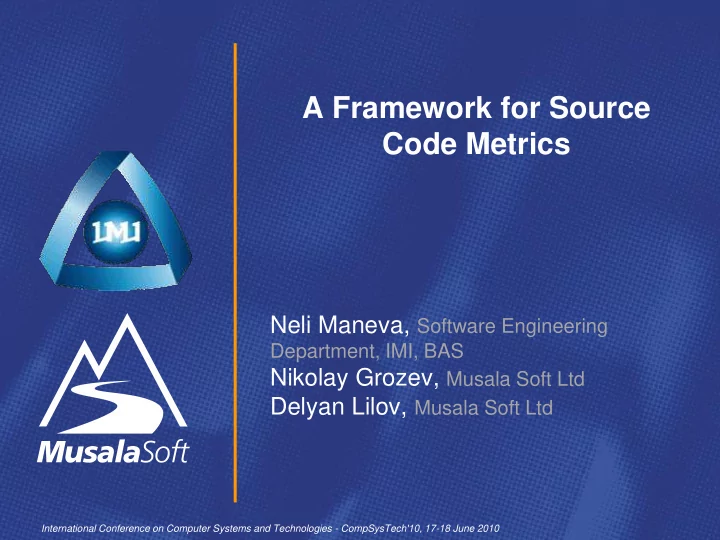
A Framework for Source Code Metrics Neli Maneva, Software - PowerPoint PPT Presentation
A Framework for Source Code Metrics Neli Maneva, Software Engineering Department, IMI, BAS Nikolay Grozev, Musala Soft Ltd Delyan Lilov, Musala Soft Ltd International Conference on Computer Systems and Technologies - CompSysTech'10, 17-18 June
A Framework for Source Code Metrics Neli Maneva, Software Engineering Department, IMI, BAS Nikolay Grozev, Musala Soft Ltd Delyan Lilov, Musala Soft Ltd International Conference on Computer Systems and Technologies - CompSysTech'10, 17-18 June 2010
Overview • Introduction • Background and Analysis • Source code framework • Prototype and validation • Conclusion and future work • Authors and Acknowledgements • Questions 2 International Conference on Computer Systems and Technologies - CompSysTech'10, 17-18 June 2010
INTRODUCTION 3 International Conference on Computer Systems and Technologies - CompSysTech'10, 17-18 June 2010
Introduction • Why use static source code metrics? – Source code - an essential part of every software system – Static analysis is a useful best practice – Solid theoretical background – Monitoring and assessment through metrics • Metrics are rarely used in practice – this is for a reason! • Our goals: – Analyze metrics usage problems – Define requirements for a metrics framework – Design an abstract framework, meeting the requirements – Prototype and validate the framework 4 International Conference on Computer Systems and Technologies - CompSysTech'10, 17-18 June 2010
BACKGROUND AND ANALYSIS 5 International Conference on Computer Systems and Technologies - CompSysTech'10, 17-18 June 2010
Background and Analysis Classification of existing tools • Reporting tools – Compute metrics values and produce reports – The user must know details about all metrics • Combining tools – Besides metrics values, produce “combined” evaluations – Removes the need to know all about the metrics Screenshot from Eclipse Metrics Plugin Screenshot from Enerjy 6 International Conference on Computer Systems and Technologies - CompSysTech'10, 17-18 June 2010
Background and Analysis Problems with existing tools • Both reporting and combining tools are “hardcoded” in nature – Almost no settings available – Everything is measured and interpreted in the same way • Should we really measure everything with the same “scales”? 7 International Conference on Computer Systems and Technologies - CompSysTech'10, 17-18 June 2010
Background and Analysis Context and its aspects • Source code metrics tools should: – Extract metrics values with regards to what is being evaluated . – Combine metrics values with regards to what is being evaluated . • Context – additional info about what is being evaluated : – Programming languages – Used technologies and libraries – Project size – Architecture – Application area – Etc. Conclusion: A successful source code metrics tool should be “context sensitive” 8 International Conference on Computer Systems and Technologies - CompSysTech'10, 17-18 June 2010
Background and Analysis Objectives • Define an abstract/general framework for evaluating source code quality • It should flexibly accommodate: – Contextual extraction of metrics values – Contextual combinations of metrics values • It should provide a solid basis for practical tools through a set of extension points • Provide some speculations about possible extensions of the ideas of the framework • Validate the feasibility of the approaches in practice 9 International Conference on Computer Systems and Technologies - CompSysTech'10, 17-18 June 2010
SOURCE CODE FRAMEWORK DESIGN AND STRUCTURE 10 International Conference on Computer Systems and Technologies - CompSysTech'10, 17-18 June 2010
Source code framework Design and structure • Base set of metrics – Toolbox of metrics – Basis for all evaluations • A stepwise framework (evaluation scheme) that simulates an expert’s work of evaluating source code through metrics • Modeling each step as a function: – Metric functions – extract the value of a single metric – Preprocessor functions – used to prepare the parameters for the metric functions – Evaluation functions – combine the values of metrics into a meaningful source code evaluation 11 International Conference on Computer Systems and Technologies - CompSysTech'10, 17-18 June 2010
Source code framework Design and structure metric function preprocessor metric function function parameters source code evaluation (filtered graphs, hierarchies etc.) function evaluation a l u a t i o n metric function metric e v source code preprocessor artifacts metrics values source code o n function f u n c t i function parameters module (cyclomatic complexity, (control flow graphs, evaluation (class, method, (filtered graphs, hierarchies etc.) LOC, Halstead volume etc.) inheritance hierarchy etc.) package etc.) . . . . . . evaluation source code function preprocessor metric function metric function evaluation function parameters (filtered graphs, hierarchies etc.) • Contextual user specified logic is “hooked” by: – Preprocessor functions – filter the data for the metrics, less “noisy” values – Evaluation functions – combine the values of the metrics, benefits from the less “noisy” values 12 International Conference on Computer Systems and Technologies - CompSysTech'10, 17-18 June 2010
Source code framework Design and structure – preprocessor functions • Preprocessor functions: – Determine which artifacts are relevant for the computation of a metric – Usually such functions filter the irrelevant to a metric input elements – Using preprocessor functions results in more “accurate” metric values 13 International Conference on Computer Systems and Technologies - CompSysTech'10, 17-18 June 2010
Source code framework Design and structure – evaluation functions • Functions highlighting design problems in the code – Promising researches into the area of OOP design problem recognition using – Can be improved by the less “noise” after the usage of preprocessors • Functions combining metrics values into a new numerical value – Can be modeled as real valued functions – Linear combinations vs. Machine learning techniques 14 International Conference on Computer Systems and Technologies - CompSysTech'10, 17-18 June 2010
PROTOTYPE AND VALIDATION 15 International Conference on Computer Systems and Technologies - CompSysTech'10, 17-18 June 2010
Prototype Smart source code analyzer (SSA) • Eclipse plug-in • A tool, based on an implementation of the framework • Also used for validation purposes 16 International Conference on Computer Systems and Technologies - CompSysTech'10, 17-18 June 2010
Practical validation • Validation by prototype usage: – Used to analyze many open source projects – Used in real life development – code quality assessment, code reviews • Validation results: – Users like getting aggregated information and being abstracted from the details of the different metrics – Quicker code reviews – Problems with setting the contextual information – false positives – Problems understanding “ Why this is bad? ” • Problems can be overcome through additional functionalities, planned for the prototype. 17 International Conference on Computer Systems and Technologies - CompSysTech'10, 17-18 June 2010
CONCLUSION AND FUTURE WORK 18 International Conference on Computer Systems and Technologies - CompSysTech'10, 17-18 June 2010
Conclusion • An analysis of existing tools and approaches was briefed • A general framework for evaluating source code through metrics was described. • A prototype was built and used for validation • Future work: – Methods for metrics preprocessing and combinations – Visualization techniques – Incorporation throughout the software lifecycle 19 International Conference on Computer Systems and Technologies - CompSysTech'10, 17-18 June 2010
Authors and Acknowledgements Assoc.Prof. PhD Neli Maneva , Software Engineering Department, Institute of Mathematics and Informatics - BAS neli.maneva@gmail.com Nikolay Grozev , Musala Soft Ltd, nikolay.grozev@musala.com Delyan Lilov , Musala Soft Ltd, delyan.lilov@musala.com This work was partially supported by the National Innovative Fund attached to the Bulgarian Ministry of Economy and Energy (project № 5ИФ -02-3 / 03.12.08). 20 International Conference on Computer Systems and Technologies - CompSysTech'10, 17-18 June 2010
Questions Thank you! 21 International Conference on Computer Systems and Technologies - CompSysTech'10, 17-18 June 2010
Recommend
More recommend
Explore More Topics
Stay informed with curated content and fresh updates.
